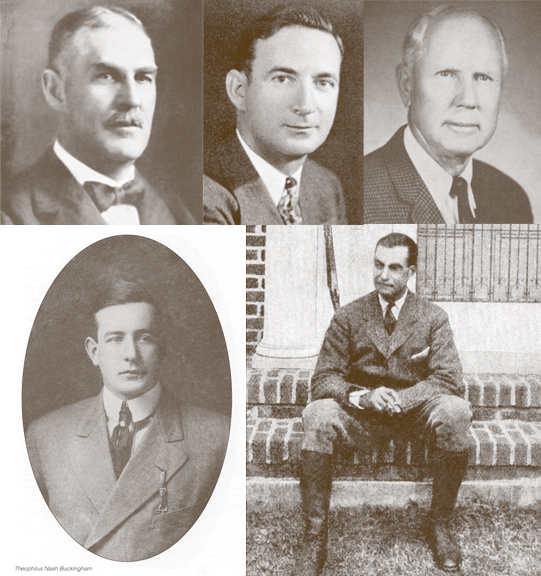It was the best kept secret in bird dog field trials for a time, and then it was not.
Booty Blevins was scout for Ed Moore, who in turn was handler for Harley Keen, owner of a cigarette maker and a Georgia quail plantation known as Knotty Pine. It was the Dirty Thirties, and times were desperate for all but a few, but not for Harley Keen, one of America’s richest men, thanks to an addictive though legal product whose sales were fueled by the depression brought on for so many by the Great Depression.
Keen’s pointer Mary Muldoon had last season won in the same year the National Championship and the National Free-For-All Championship, the field trial sport’s two greatest contests. Those wins had brought Keen’s handler Ed Moore two nice purses ($1000 for the National $1500 for the Free-For-All, less a meager scouts’ share) and Keen himself the win of a $100,000 private wager with his pal Richard Bain, owner of a whiskey distillery, maker of another addictive but again legal (thanks to Prohibition’s repeal in 1933) product whose demand had also been boosted by the Great Depression’s misery.
The Great Depression had also played an ironic role in Mary Muldoon’s epic win of the Free-For-All. Booty Blevin’s twin brother Ikey, like one-in-three Americans, lost his job as a Pullman Porter. He had then been hired by Harley Keen as a kennel man on Knotty Pine. But Ed Moore and Booty had quickly figured out that he could be invaluable as a decoy-double for Booty at field trials. At the Free-For-All, where he first played that role, he impersonated Booty and rode at the back of the gallery as Booty did his thing invisibly (out of sight) scouting Mary and more, putting her on birds, heeling her unseen through adjoining woods, then shooting her forward at turns in the course to make it appear to the judges she’d done it all on her own, plus husbanding her energy with occasional rides on his pommel.
After the Free-For-All Ed, Booty and Ikey made the charade a regular tactic at trials. Then, inevitably, Booty was caught in the act. The catcher was another black scout, Ronnie Blue, scout for Richard Bain’s handler Mike Kane. Ronnie was also a good friend of Booty, indeed almost a second brother. Instead of revealing Booty’s dirty trick, he struck a deal with Booty to remain silent in exchange for a third of Booty’s scout’s share of purses won (5% in those days). But before season’s end, and at the National no less, Booty was caught and ratted out anonymously by another illegal scout posted in the woods by the handler of Mary Muldoon’s brace-mate. When the Booty-Ikey twins’ conspiracy was revealed to Hobert Ames, sponsor and a judge of the National, he confronted Harley Keen privately and Mary Muldoon was quietly withdrawn as a contestant mid-way in her brace.
There was irony in this as well, for according to no less a personage than Nash Buckingham, great outdoors writer and long time judge at the National, and later co-author with William Brown of the history of the National, Hobart Ames had in the early years when he entered dogs in the National, used extra woods scouts. This may have in part motivated the great pointer breeder-sponsor AGC Sage to found and sponsor the Free-For-All (Sage ran his dogs in the Free-For-All but always saw to it that it ran on neutral grounds, as did Clyde Morton, his handler and successor owner of Sedgefields, his plantation in West Alabama.).
Thus ended quietly the dual scout act of Booty and Ikey Blevins, perhaps the most audacious sculduggery in Field Trial history but far from the last involving extra scouts. In fact, a regional AFTCA Championship was not too long ago forfeited when a woods scout illegally posted along a course made the mistake of disciplining the wrong dog in a brace and being apprehended in the act by that brace-mate’s handler (the dogs were nearly identical).
Some will say dirty tricks in trials badly tarnish the sport, intended to be a gentleman’s game. But for writers of fiction, the sometimes tawdry facts fuel the imagination and create stories for telling in clubhouses on rained-out afternoons, or reading in bed or the bath room at home on cold winter nights.
